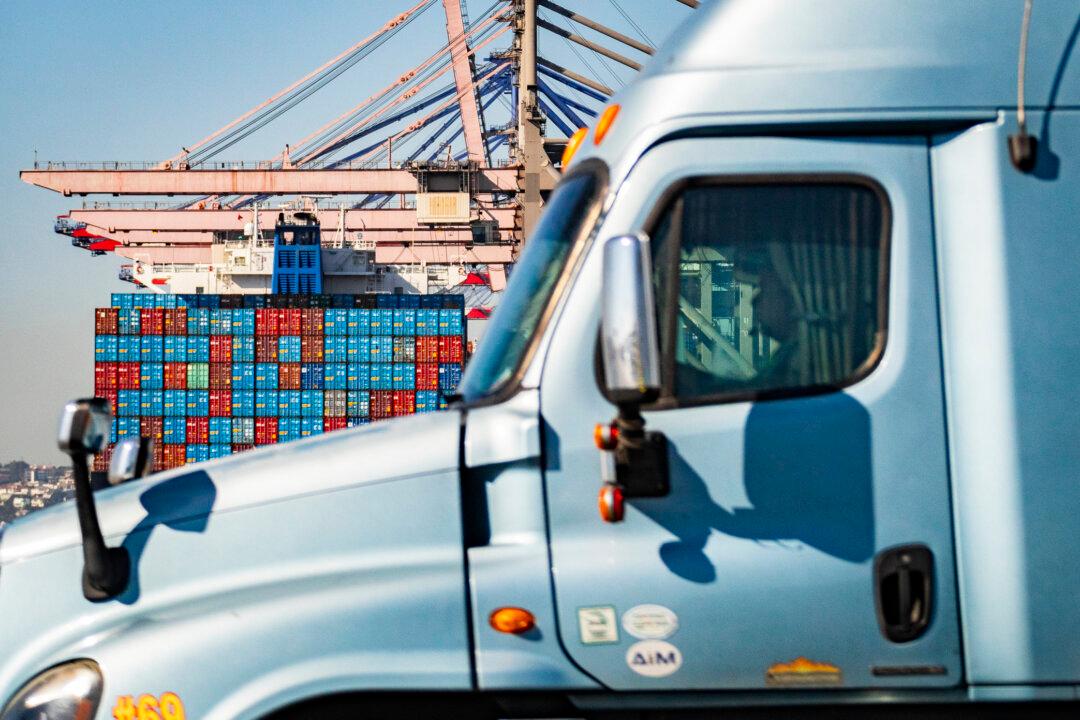California can move forward with its plan to ban the sale of new diesel-powered heavy-duty truck sales starting in 2036 after receiving Biden administration approval on March 31.
“Under the Clean Air Act, California has longstanding authority to address pollution from cars and trucks,“ U.S. Environmental Protection Agency Administrator Michael Regan said in a statement. ”Today’s announcement allows the state to take additional steps in reducing their transportation emissions through these new regulatory actions,”





